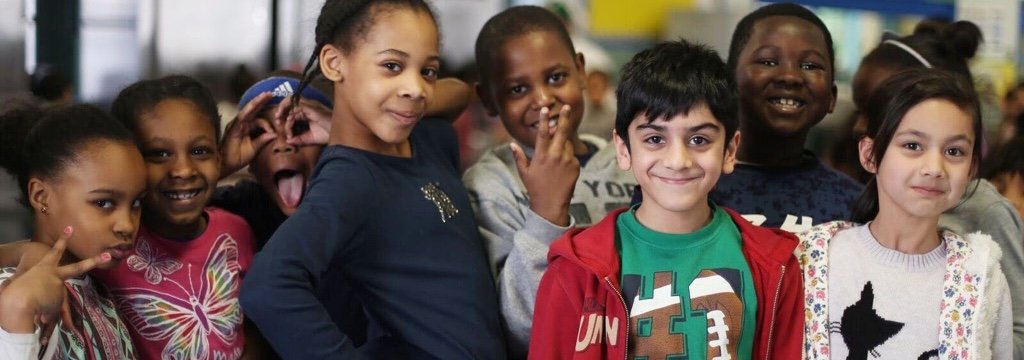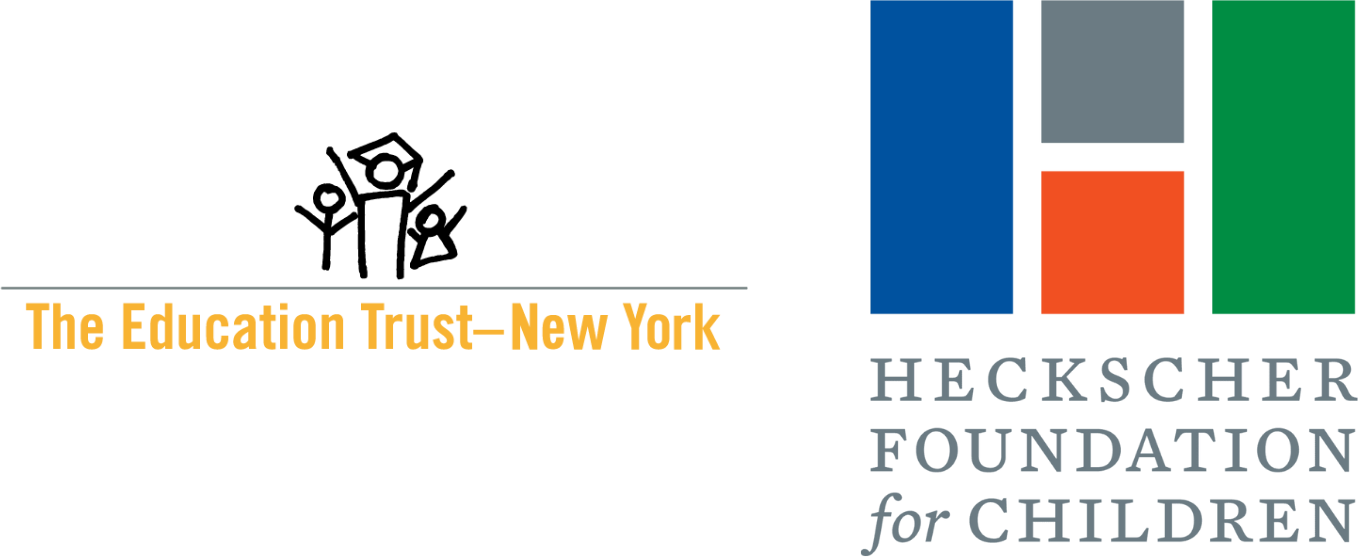Quest to Learn
Grades: 6-12Our Insights
What’s Special
Game-like lessons (middle school); paid internships
The Downside
Declining enrollment
Quest to Learn is a small school for grades 6–12 that emphasizes hands-on projects and group work over traditional lectures. Founded on game-based learning, it aims to build skills through play and real-world challenges. The middle school stays closest to this original mission, while the upper grades resemble a more typical NYC high school.
In middle school, students take a class called Sports for the Mind, where they devise math games, Minecraft projects, and other game designs. For example, they may build a simple Tic Tac Toe game, redesign it in 3D, and change the rules to make it more complex. This work is supported by a STEM lab with tools like 3D printers and design software.
Students also join weeklong “Boss Level” projects twice a year. In one, they design a Rube Goldberg machine with several moving parts and present it to a panel of teachers, parents, and alumni.
Students come with a wide range of reading abilities. Teachers use research-backed programs like Wilson to build phonics, decoding, fluency, and comprehension skills. Younger students do about 20 minutes of reading each night. Writing takes place mostly in class to ensure it is the students’ own work. Sixth-graders read shorter texts in class and full books they choose, while seventh-graders read full novels, memoirs, plays, short stories, and news articles. In the spring, students focus on research projects.
Manhattan Youth provides tutoring, table tennis, and clubs, including two musical productions a year, such as Aladdin Jr. and Willy Wonka.
About 40 percent of Quest’s middle school students continue on to the high school. In 8th and 9th grade, students move into more challenging coursework and begin exploring college and career options. They write a resume, conduct research, and take part in extracurricular activities.
In high school, Quest to Learn follows a more traditional instructional approach, though classes still include projects. For example, in Algebra students design a food truck, price items, and simulate running a small business in the cafeteria. In Algebra II/Trigonometry, a mix of 10th- and 11th-graders work in pairs to record a basketball free throw, trace the arc of the shot, and use math to suggest ways to improve it.
English classes focus on discussion, including small-group Socratic Seminars where students take turns presenting and observing.
There are paid internships in school, such as tutoring, mediation, and running the school store. Through a partnership with The High Line, select students explore arts and media production through internships. Some learn to sail through Hudson River Community Sailing.
The school has struggled with enrollment and attendance, particularly in middle school, which now has smaller classes. High school enrollment has remained more stable.
Quest to Learn is working to improve attendance by talking to families, and through an incentive program where students earn “Quest Bucks” for showing up and meeting expectations. The school also supports their growing multilingual learners population through more consistent routines, performance-based tasks that boost language skills, and family events.
The school is located in a wing of the Bayard Rustin Educational Complex, a building shared with several small high schools. An on-site Mount Sinai Health clinic provides students with free physicals, vaccines, mental health support, and other services.
Quest to Learn’s middle school is mostly on its own floor, with its own entrance, and all schools in the building stagger lunch and dismissal times. (Lydie Raschka, official reports and interview, January 2026)
Get more from InsideSchools
School Stats
Is this school safe and well-run?
From the 2024-2025 NYC School Survey
From the 2019-20 NY State Report Card
From this school's most recent Quality Review Report
From the 2023-24 School Quality Report
How do students perform academically?
From the New York State 2023-2024 Assessment Database
From the 2023-24 School Quality Guide
Who does this school serve?
From the 2024-25 Demographic Snapshot
From the 2023-24 School Quality Guide
How does this school serve special populations?
From the 2023-24 School Quality Report
From the New York State 2023-2024 Assessment Database
Programs & Admissions
From the 2024 High School DirectoryQuest to Learn Upper School (A25A)
Offerings
From the 2024 High School DirectoryLanguage Courses
Spanish
Advanced Courses
Algebra II (Advanced Math), AP Biology, AP Computer Science Principles, AP English Literature and Composition, AP Studio Art - 2D, AP Studio Art - Drawing, AP United States History, Calculus (Advanced Math), Chemistry (Advanced Science), World Languages (Advanced World Languages)
Boys PSAL teams
Baseball, Basketball, Bowling, Soccer, Volleyball, Wrestling
Girls PSAL teams
Basketball, Bowling, Softball, Tennis, Volleyball
Read about admissions, academics, and more at this school on NYCDOE’s MySchools

Contact & Location
Location
351 West 18 Street
Manhattan
NY
10011
Contact
Other Details
This school shares the Bayard Rustin Educational Campus with five other schools


Comments